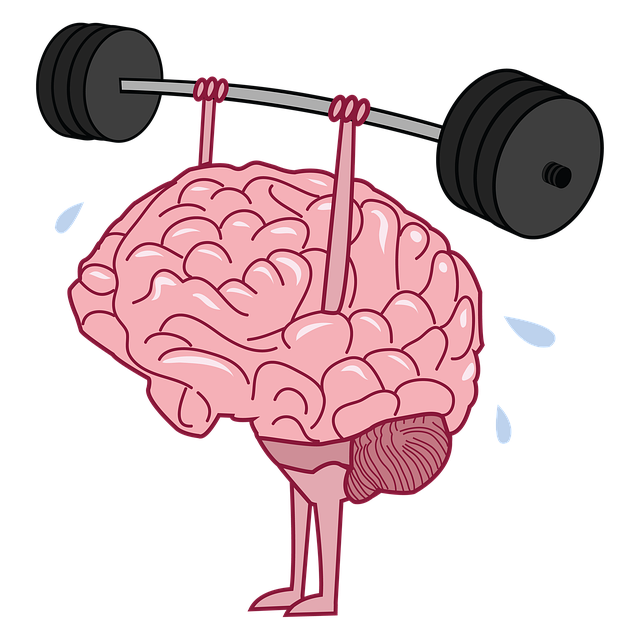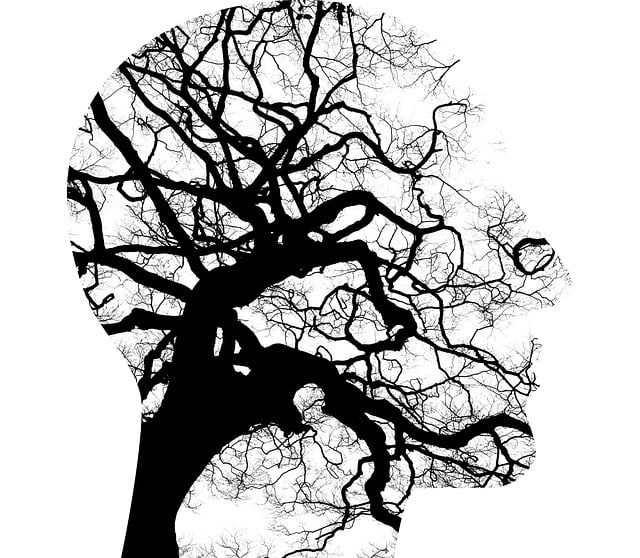The text highlights the significant impact of stigma on individuals with cancer seeking therapy for their mental health issues. It advocates for a multi-faceted approach, including mental health education in schools through coaching and workshops to normalize conversations, CBT and culturally sensitive therapy to challenge societal misconceptions, community engagement via support groups and awareness campaigns, policy advocacy for better media representation and access to therapy, and integrating mental well-being into healthcare policies. By addressing stigma, especially through accessible therapy for adults with cancer issues, safer spaces are created for open discussions and support, enhancing recovery paths.
Mental illness stigma remains a significant barrier to seeking help, with profound implications for mental health outcomes. This article explores comprehensive strategies to reduce this pervasive social construct, examining its detrimental effects on individuals and communities. We delve into key approaches, including education initiatives that foster understanding, therapeutic interventions targeting internalized stigma, community engagement efforts, and policy reforms aimed at creating a more inclusive society. By addressing these multifaceted aspects, we strive to enhance support systems for those facing mental health challenges, akin to the transformative power of therapy for adults navigating cancer issues.
- Understanding Stigma: Its Impact on Mental Health
- The Role of Education in Reducing Stigma
- Therapeutic Approaches to Addressing Stigma
- Strategies for Community Engagement and Advocacy
- Policy Changes and Their Effectiveness in Combating Stigma
Understanding Stigma: Its Impact on Mental Health

Stigma surrounding mental illness can have profound effects on individuals’ emotional well-being and willingness to seek therapy. It often manifests as negative attitudes, beliefs, or stereotypes about people with mental health conditions, leading to discrimination and social isolation. This stigma can be particularly severe for those facing other challenging circumstances, such as adults dealing with cancer issues. The impact is twofold; it prevents individuals from openly discussing their struggles, hindering access to support networks and appropriate therapy. Many adults with cancer may internalize these societal attitudes, believing they are a burden or that their mental health concerns are unimportant, thereby impeding their path to recovery.
Effective stigma reduction requires a multi-faceted approach. Communication strategies that promote understanding and empathy can play a crucial role. Mental health policy analysis and advocacy initiatives can also help challenge discriminatory practices and influence systemic change. By integrating emotional well-being promotion techniques into healthcare settings, we can create safer spaces for individuals to share their experiences without fear of judgment. These efforts collectively contribute to a more inclusive society where mental illness is viewed as a treatable condition, fostering support rather than isolation.
The Role of Education in Reducing Stigma

Education plays a pivotal role in stigma reduction efforts for mental illness, acting as a powerful tool to dispel misconceptions and foster understanding. By integrating mental health education into formal curricula, schools can equip students with knowledge about various conditions, their symptoms, and available treatment options. This early exposure normalizes conversations around mental wellness, encouraging open dialogue and reducing the ‘othering’ of individuals facing challenges like adult cancer issues.
Through interactive workshops and inclusive discussions, education promotes empathy and breaks down barriers. It teaches coping mechanisms such as positive thinking and stress reduction methods, empowering students to support themselves and their peers. Moreover, the development of mental wellness coaching programs can offer personalized guidance, helping individuals navigate their journeys with confidence. This holistic approach ensures that communities are better equipped to handle mental health concerns, fostering a more supportive environment for those seeking therapy for adult cancer issues or other mental illnesses.
Therapeutic Approaches to Addressing Stigma

Mental illness stigma reduction is greatly enhanced by therapeutic approaches tailored to address societal misconceptions head-on. Through individual and group therapy sessions, patients with mental health conditions can gain valuable coping strategies, learn to manage their symptoms effectively, and build resilience against stigmatizing attitudes. For instance, cognitive behavioral therapy (CBT) has proven effective in treating various mood disorders and anxiety issues, empowering individuals to reframe negative thoughts and behaviors associated with their illnesses.
Integrating cultural sensitivity in mental healthcare practice is a crucial component of these therapeutic approaches. Recognizing and respecting diverse cultural beliefs and practices ensures that treatments are inclusive and tailored to each patient’s unique background. This holistic perspective not only enhances therapy outcomes but also fosters a sense of belonging and understanding, ultimately contributing to stigma reduction on a broader scale, particularly in addressing adults’ cancer issues where both mental and physical health intertwine.
Strategies for Community Engagement and Advocacy

Community engagement is a powerful tool in the fight against mental illness stigma. Local support groups, educational workshops, and awareness campaigns can help break down barriers and foster understanding. By bringing people together, these initiatives enable open conversations about mental health, normalizing discussions and encouraging those struggling to seek therapy for adults with cancer issues or other challenges. It’s a collective effort that empowers individuals and communities alike.
Advocacy plays a crucial role in policy change and improved access to stress reduction methods and mood management services. Mental health advocates can lobby for better representation of mental illness in the media, push for updated risk assessment guidelines for mental health professionals, and ensure policies reflect the latest research in mental health care. This proactive approach paves the way for a more inclusive and supportive society where individuals feel safe to prioritize their mental well-being.
Policy Changes and Their Effectiveness in Combating Stigma

Policy changes have emerged as a powerful tool in the fight against mental illness stigma. Governments worldwide are increasingly recognizing the need for legislative reforms to address discriminatory practices and promote equal treatment for individuals facing mental health challenges. These policy interventions take various forms, including anti-discrimination acts that protect people with mental illnesses from being denied services or employment opportunities based on their condition. By enacting such laws, societies send a clear message of acceptance and support for those dealing with mental health issues.
Moreover, integrating mental health into broader healthcare policies has been effective in reducing stigma. This involves ensuring accessible and affordable therapy for adults, particularly those facing complex conditions like cancer. Initiatives focused on mental health awareness and stress management education in schools and workplaces also contribute to a more compassionate society. As part of these efforts, mental health policy analysis and advocacy groups play a crucial role in shaping public discourse, encouraging evidence-based practices, and fostering community engagement to challenge societal norms and prejudiced perceptions surrounding mental illness.
Mental illness stigma reduction is a multifaceted endeavor that requires education, therapeutic approaches, community engagement, and policy changes. By understanding the profound impact of stigma on mental health, we can foster an environment where individuals receive support rather than judgment. Integrating evidence-based strategies, including therapy for adults with cancer issues, can significantly contribute to breaking down barriers and promoting recovery. Through collaborative efforts, we can create a more inclusive society that values and supports mental well-being.











